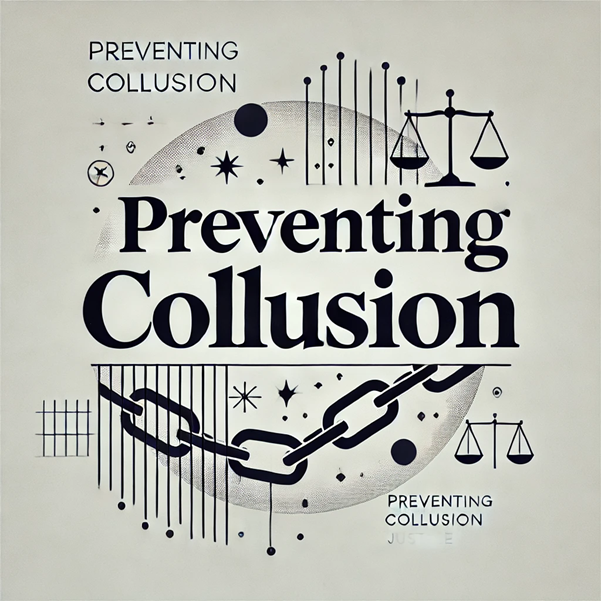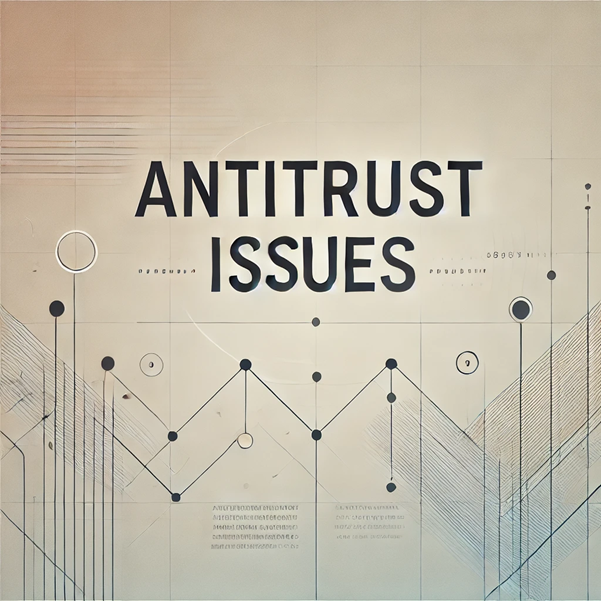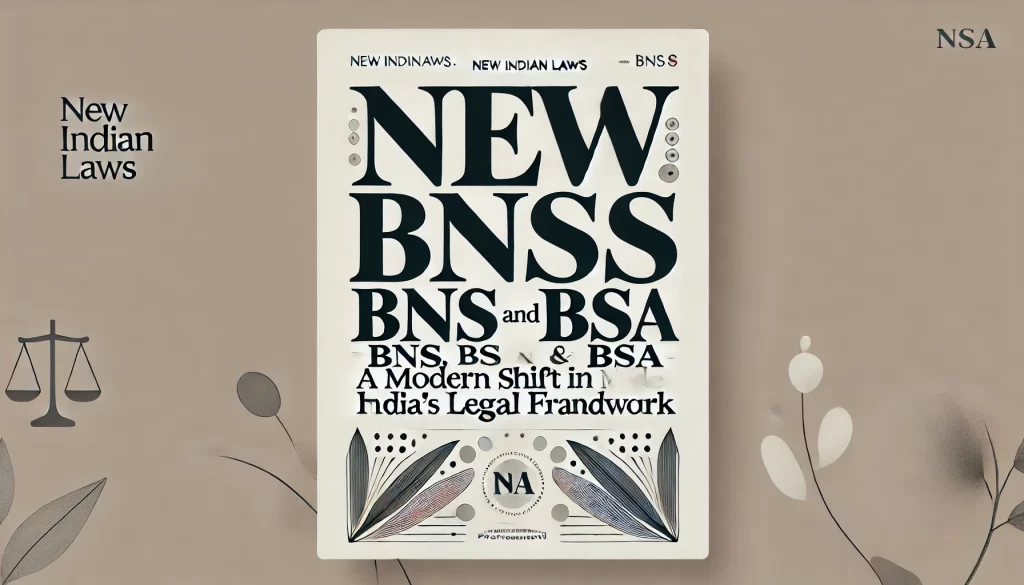India’s Digital Personal Data Protection Act, 2023: A Paradigm Shift in Data Privacy
By: Adv Arjun Goel, Director Agreya Legal In an era where data is often hailed as the new oil, India has embarked on a transformative journey with the enactment of the Digital Personal Data Protection Act, 2023 (DPDPA-2023). This landmark legislation signifies a robust commitment to safeguarding personal data, aligning India with global standards […]
India’s Digital Personal Data Protection Act, 2023: A Paradigm Shift in Data Privacy Read More »








